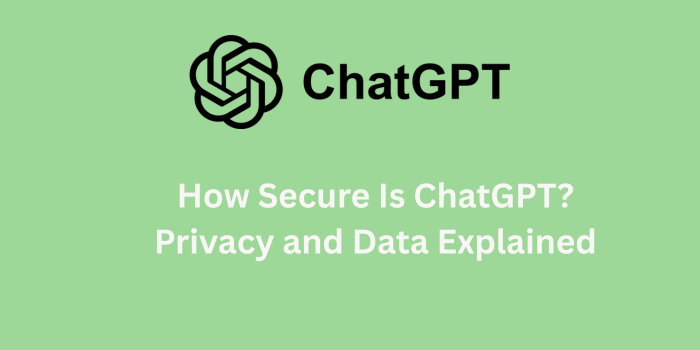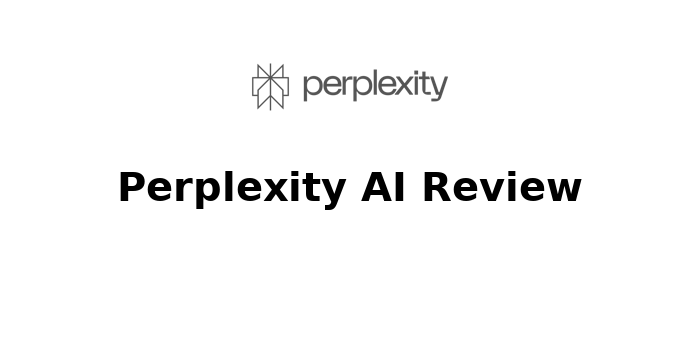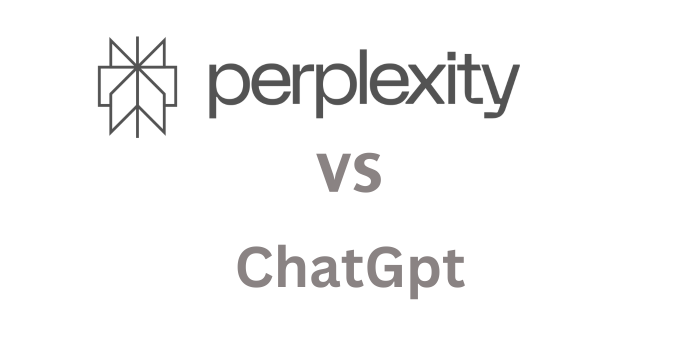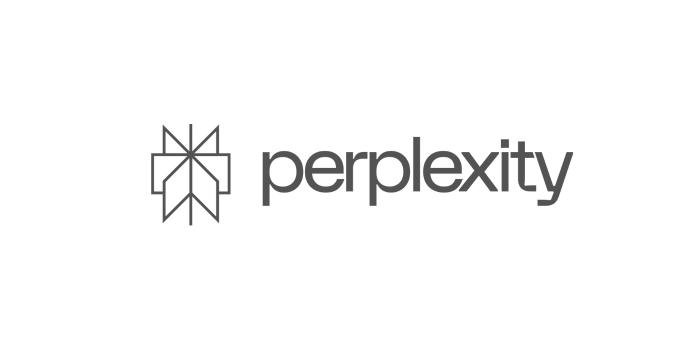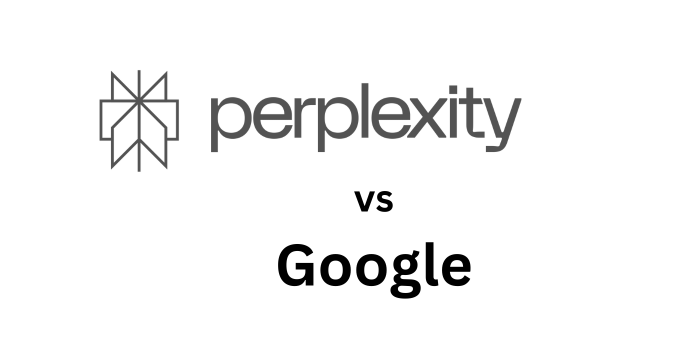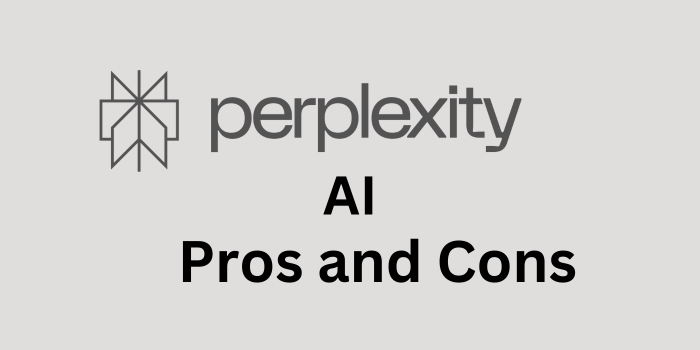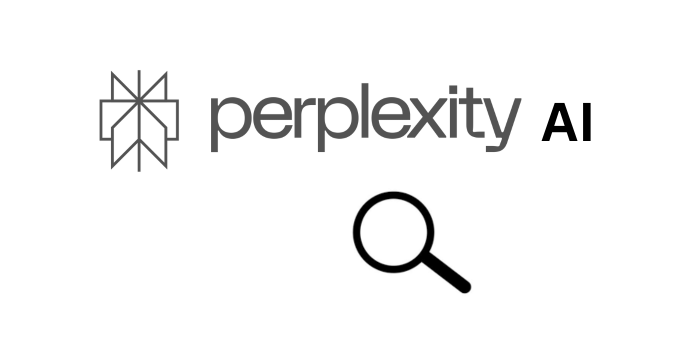As AI chatbots become increasingly integrated into our everyday lives, questions surrounding data privacy, user security, and information handling are more relevant than ever. Whether you’re using ChatGPT for work, school, or entertainment, understanding how your data is handled can help you use it more wisely and confidently.
🔍 What Is ChatGPT?
ChatGPT is an AI chatbot developed by OpenAI that uses natural language processing (NLP) to understand and respond to human language. It’s based on the GPT (Generative Pre-trained Transformer) model and has been trained on a massive dataset of online text.
With its growing popularity across industries—from education and marketing to coding and customer service—it’s crucial to understand what happens behind the scenes when you enter a prompt or share information.
📂 What Data Does ChatGPT Collect?
When you interact with ChatGPT, OpenAI may collect various types of data, including:
1. Input Data (User Prompts)
This includes any text you type into the system, like questions, commands, or code.
Examples:
- “Write me a business plan.”
- “Explain quantum physics in simple terms.”
2. Usage Data
OpenAI collects metadata about how you use the service, such as:
- Time spent on the app
- Frequency of interactions
- Types of queries
3. Device and Log Data
Information from your device may be collected, including:
- IP address
- Browser type
- Operating system
- Device identifiers
🔐 Is ChatGPT Secure?
OpenAI has implemented multiple layers of security to ensure user safety and system integrity. Here’s a breakdown:
✅ Data Encryption
All communication between your device and ChatGPT is encrypted using HTTPS. This ensures that your data is protected during transmission.
✅ Access Controls
OpenAI applies role-based access controls to limit who within the company can access your data. Not all employees can see user data, and those who can must follow strict privacy guidelines.
✅ Monitoring & Auditing
Regular audits and monitoring help detect suspicious activity or system vulnerabilities.
✅ Compliance
OpenAI states that it strives to comply with data protection regulations such as:
- GDPR (General Data Protection Regulation)
- CCPA (California Consumer Privacy Act)
Note: While OpenAI has privacy practices in place, compliance does not automatically mean complete anonymity or zero data retention.
🧠 Does ChatGPT Remember What You Say?
This is one of the most common privacy concerns.
🔄 Chat History and Memory
ChatGPT offers a “memory” feature that allows it to remember facts you’ve shared across sessions. However, this feature is optional and can be turned off at any time.
You can delete specific chats or clear all memory from your ChatGPT settings.
📝 Data for Model Training
OpenAI has clarified that data from ChatGPT interactions may be used to train and improve its models. However, for ChatGPT Enterprise and Teams users, data is not used to train models by default.
❌ What ChatGPT Does Not Do
To address some myths, here’s what ChatGPT does not do:
- ❌ ChatGPT does not save personal data permanently.
- ❌ It does not access your local files, emails, or personal messages unless explicitly shared in a prompt.
- ❌ It does not have real-time access to your device or microphone.
- ❌ It does not use your data for advertising purposes.
📊 How OpenAI Uses Your Data
OpenAI uses interaction data to:
- Improve system accuracy
- Identify abuse or misuse
- Train future models (unless opted out in certain plans)
According to OpenAI’s privacy policy, data usage is limited and anonymized wherever possible.
💬 Who Can See Your ChatGPT Conversations?
OpenAI states that authorized personnel may review conversations to improve system performance, detect harmful content, or debug issues. These reviewers are bound by confidentiality agreements and operate under strict oversight.
For maximum privacy, avoid sharing:
- Personally identifiable information (PII)
- Sensitive financial data
- Confidential company info
- Passwords or login details
👨💼 What About ChatGPT Enterprise and Teams?
For organizations using ChatGPT Enterprise or ChatGPT Teams, OpenAI offers stronger privacy guarantees:
- Data is not used for training
- End-to-end encryption
- Admin-level access control
- Data isolation between users
This makes it a more suitable option for businesses and professionals concerned about data sensitivity.
📱 How to Protect Your Privacy When Using ChatGPT
While OpenAI has put security measures in place, there are several things you can do to increase your privacy:
✅ 1. Avoid Sharing Sensitive Information
Keep your personal data out of your prompts. Treat ChatGPT like a public forum.
✅ 2. Use Anonymous Accounts If Needed
You can access ChatGPT without linking all your personal details. Consider using a separate email address.
✅ 3. Review and Clear Memory
You can manage what ChatGPT “remembers” in the settings panel under “Memory.” Turn it off if you want added privacy.
✅ 4. Use ChatGPT on Secure Networks
Avoid using public Wi-Fi when accessing AI platforms that might deal with sensitive data.
✅ 5. Understand the Terms of Service
Be sure to read OpenAI’s Terms of Use and Privacy Policy.
🧠 Final Thoughts: Is ChatGPT Safe to Use?
So, how secure is ChatGPT? In short:
ChatGPT is reasonably secure for everyday use, with modern encryption, access control, and privacy policies in place. However, the responsibility still lies with the user to avoid oversharing and understand what data may be stored or reviewed.
If you’re using ChatGPT for sensitive or enterprise-level tasks, consider opting for the Enterprise or Teams plan to benefit from enhanced data protection and security measures.
